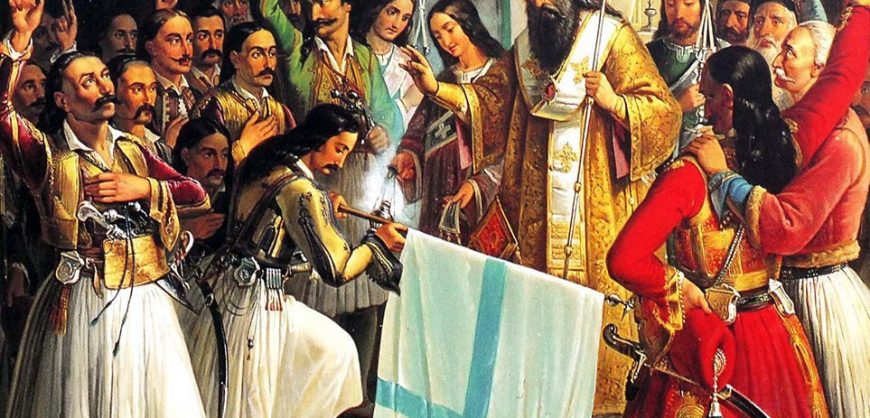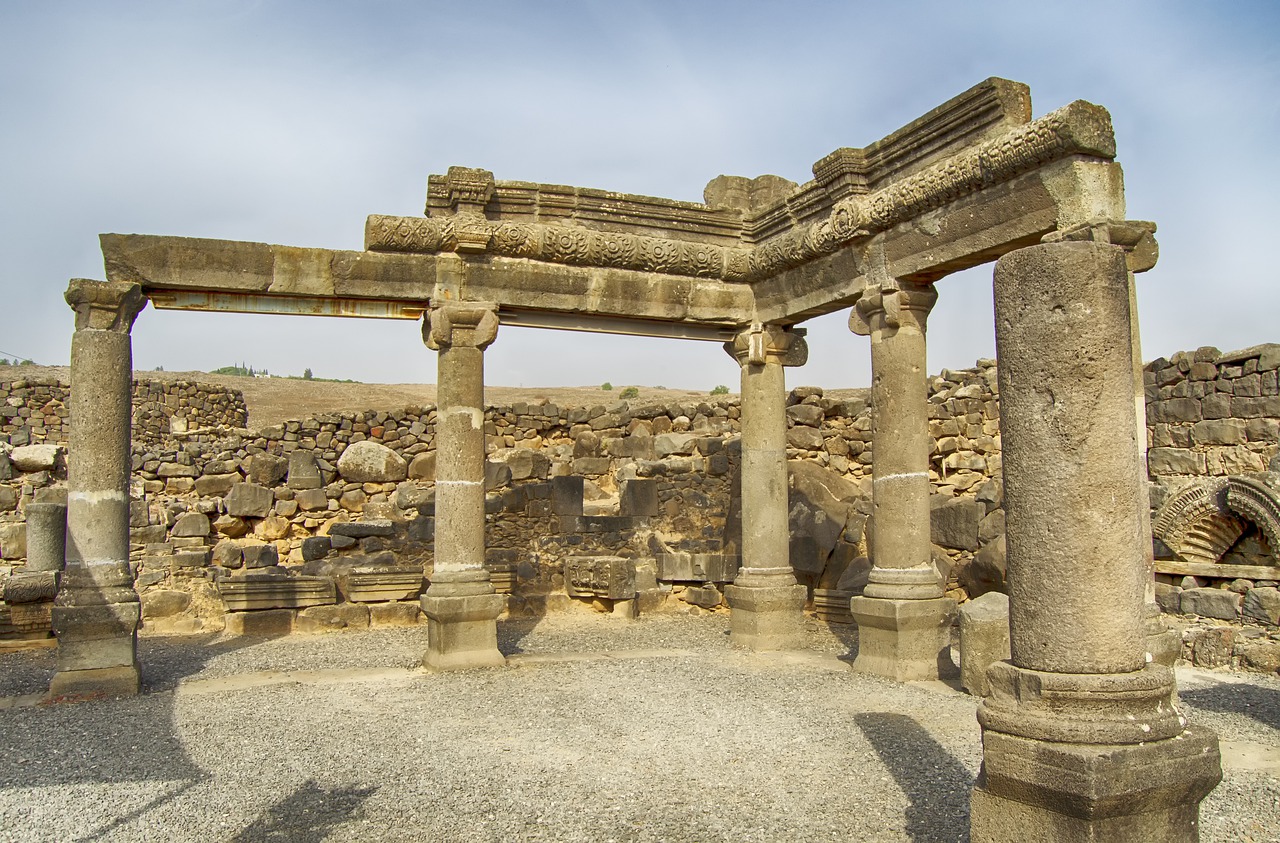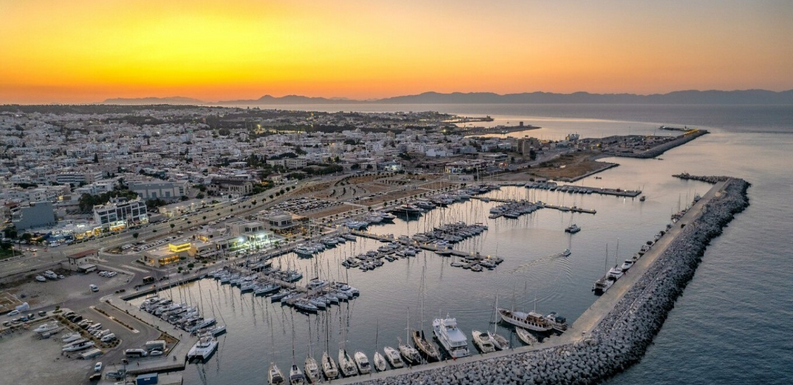Modern Greeks believe the 1821 Revolution against the Ottoman Empire was a national uprising, according to the results of an online nationwide poll conducted by the Centre for Liberal Studies (KEFIM) presented in an online press conference.
The nationwide poll, the second by KEFIM, called “How do the Greeks see the Revolution of 1821?” touched on a series of questions and the perceptions Greeks have of the uprising and its significance in light of the 200 Bicentenary celebrations.
As the findings revealed, the Revolution of 1821 is a unifying point of reference for all Greeks. Regardless of demographic characteristics (gender, age), educational level, ideological position, party affiliation, Greeks have a single image of the character of the Revolution, which they consider mainly national, with high percentages recognising its religious, liberal, and social characteristics.
The 3 dominant personalities of the Revolution are still Theodoros Kolokotronis (89.6%), Georgios Karaiskakis (59.7%), and Bouboulina (29.7%). The most important event of the revolutionary period was the battle of Dervenakia in 1822 (15.8%), with the siege and fall of Tripolitsa (11.9%), the naval battle of Navarino (11.1%), and the Exodus of Messolonghi ( 10.2%), following in order of importance.
Regarding the role of foreign powers in the Revolution, 4 in 10 Greeks believe that Russia was the country that had the most positive contribution to the Greek issue, while public opinion is divided on the role played by the two loans from Great Britain in the outcome of the Revolution.
7 out of 10 Greeks continue to consider the “secret school” a historical event. Public opinion remains divided as to whether the Revolution began on March 25 in the Holy Lavra. 47% know about the massacre of civilians Turks and Jews by the Greeks after the fall of Tripoli.
The Greeks are divided on the question of whether the 200 years that followed in 1821 justified the expectations of the Revolutionaries, but most of them are positive.
The most important successes of our country during these 200 years are its European orientation (11.6%), the battle of the Greek-Italian war 1940-41 (10.4%), and the consolidation of the institutions of liberal democracy (8.2%).
also read
World Economy to Return to Pre-Pandemic Output in 2021 (infographic)




































